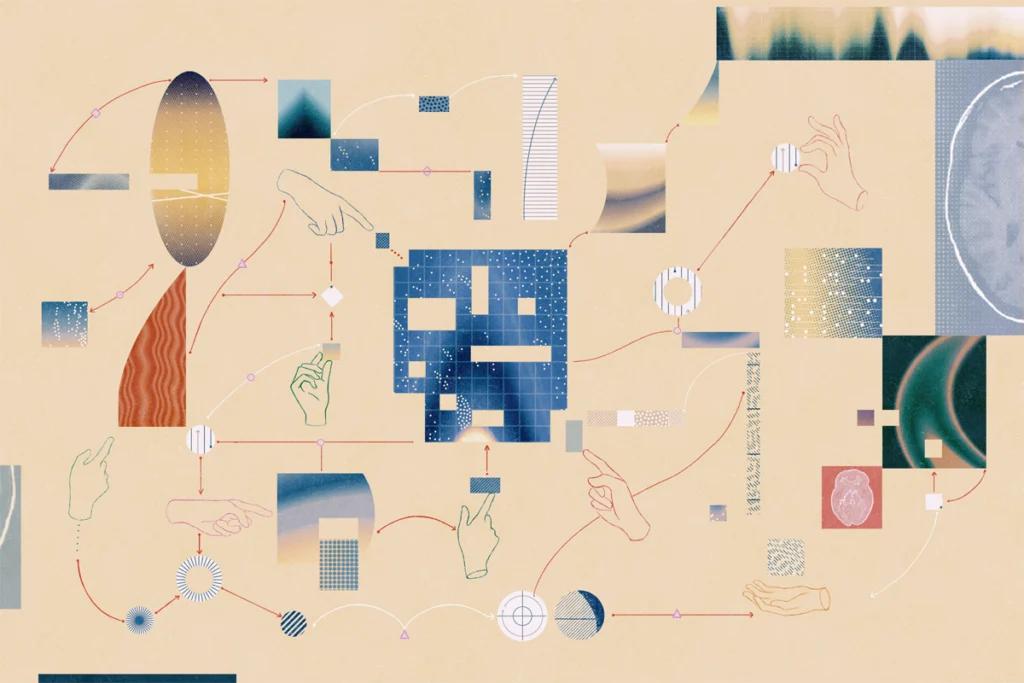Big data
Recent articles
Simply making data publicly available isn’t enough. We need to make it easy — that requires community buy-in.
I helped create a standard to make it easy to upload, analyze and compare functional MRI data. An ecosystem of tools has since grown up around it, boosting reproducibility and speeding up research.

Simply making data publicly available isn’t enough. We need to make it easy — that requires community buy-in.
I helped create a standard to make it easy to upload, analyze and compare functional MRI data. An ecosystem of tools has since grown up around it, boosting reproducibility and speeding up research.
Explore more from The Transmitter
Organoids and assembloids offer a new window into human brain
These sophisticated 3D cultures reveal previously inaccessible stages of human brain development and enable the systematic study of disease genes.

Organoids and assembloids offer a new window into human brain
These sophisticated 3D cultures reveal previously inaccessible stages of human brain development and enable the systematic study of disease genes.
Who funds your basic neuroscience research? Help The Transmitter compile a list of funding sources
We want to hear from you about the sources of funding for your research.
Who funds your basic neuroscience research? Help The Transmitter compile a list of funding sources
We want to hear from you about the sources of funding for your research.
The future of neuroscience research at U.S. minority-serving institutions is in danger
Cuts to federally funded programs present an existential crisis for the University of Puerto Rico’s rich neuroscience community and for research at minority-serving institutions everywhere.

The future of neuroscience research at U.S. minority-serving institutions is in danger
Cuts to federally funded programs present an existential crisis for the University of Puerto Rico’s rich neuroscience community and for research at minority-serving institutions everywhere.